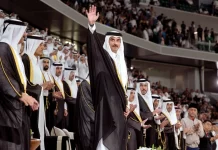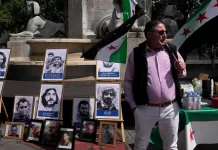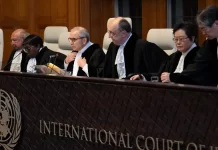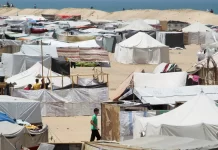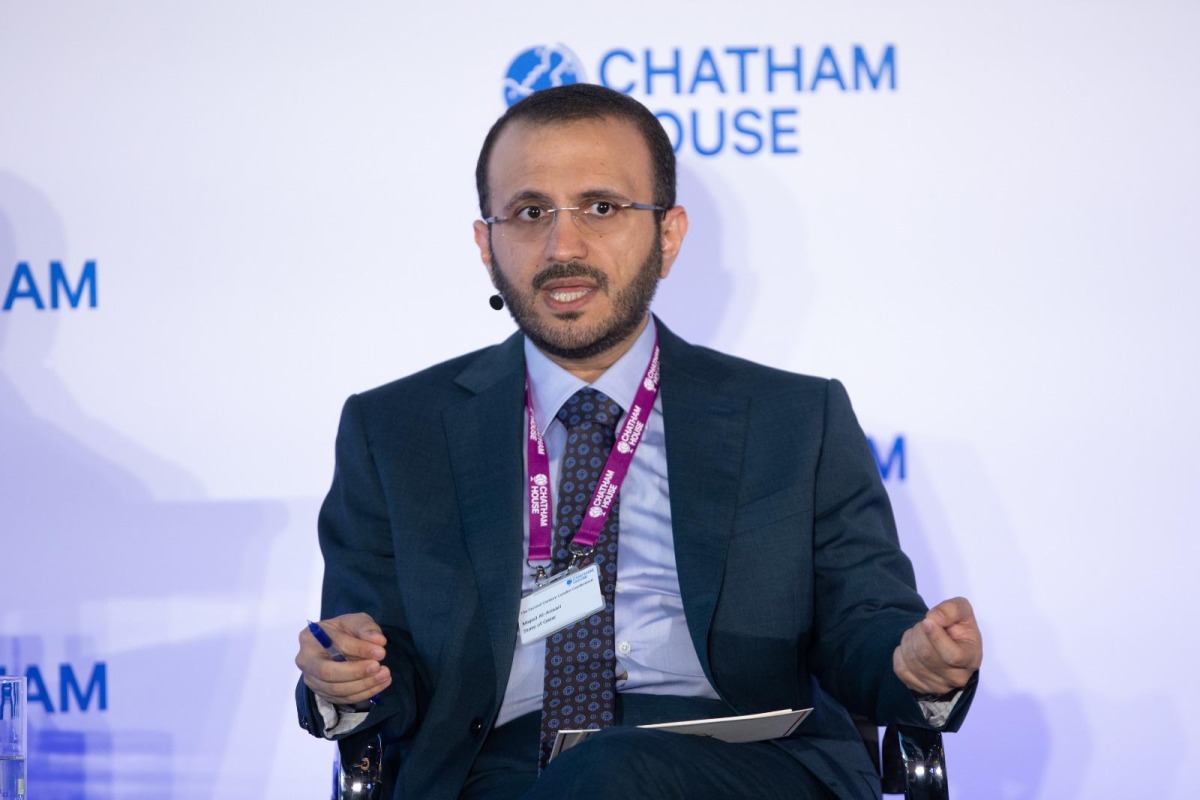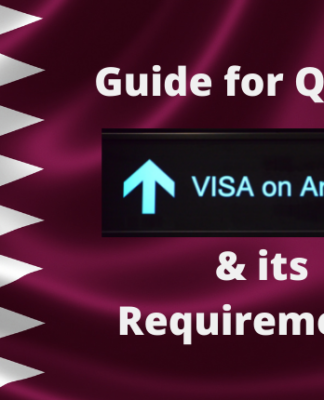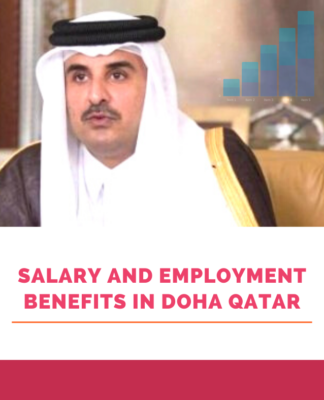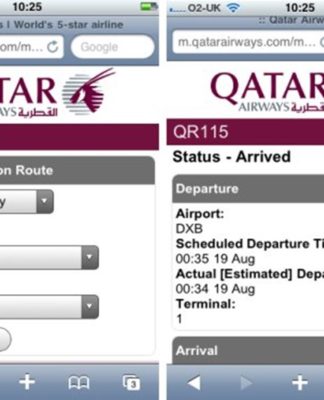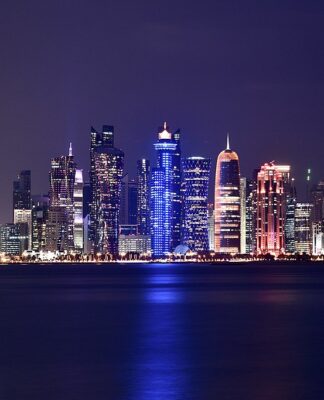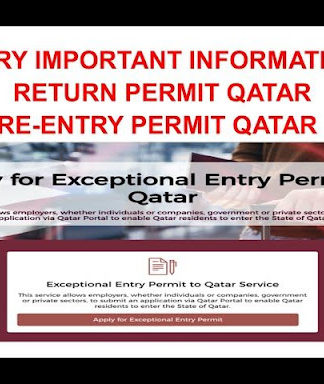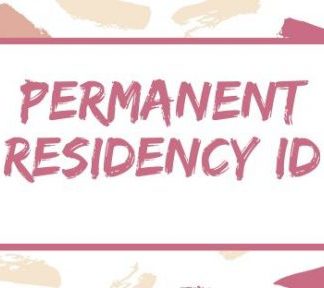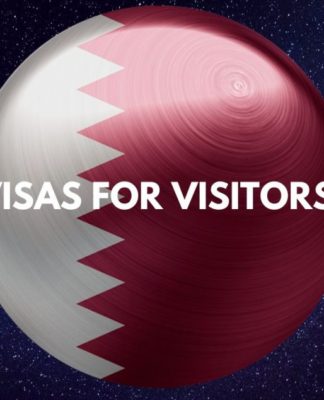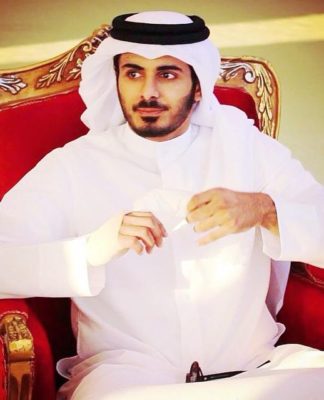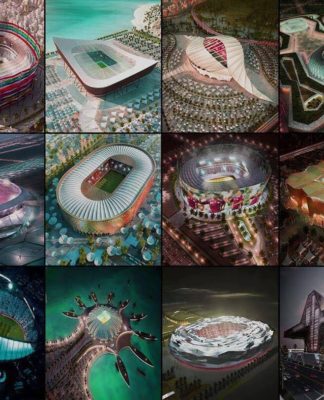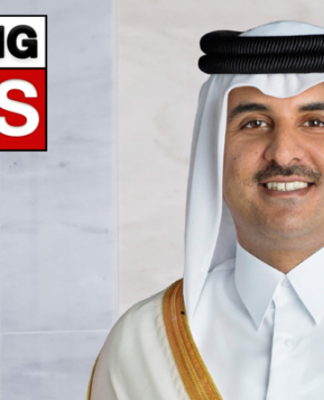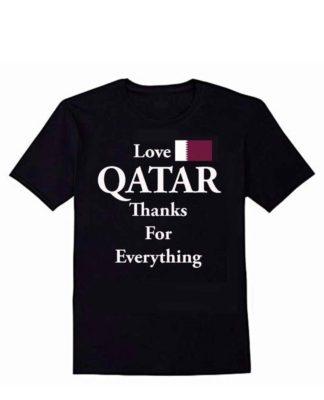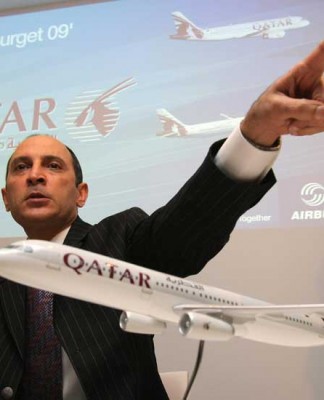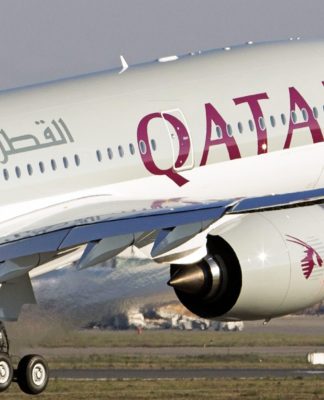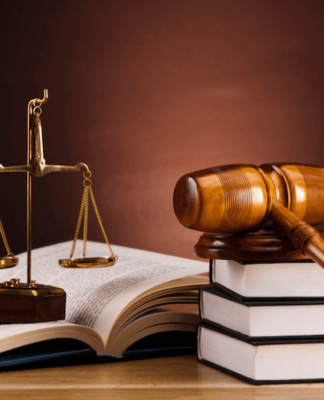Doha – Qena
Dr. Majid bin Muhammad Al-Ansari, Advisor to the Deputy Prime Minister and Minister of Foreign Affairs and official spokesman for the Ministry of Foreign Affairs, stressed that the State of Qatar constantly reviews its policies when it comes to how they affect the world and how to preserve its national security.
Dr. Al-Ansari said, during a key session at the “Second Century London” conference organized by the Royal Institute of International Affairs Chatham House in London, that the State of Qatar has reviewed regional and international events in its policies around it, which produced a new slogan for Qatar’s foreign policy, which is “a reliable international partner.” It is a slogan that depends philosophically on the State of Qatar’s view of the world and the changes taking place in it today.
During the conference, which was held under the title: “Perspectives on the future of the global system”, the Adviser to the Deputy Prime Minister and Minister of Foreign Affairs touched on three scenarios for shifts in global politics, saying in this regard, “The world is currently going through paths that affect what small and medium-sized powers can do in the future.” The world, like Qatar, can do it on the international scene today.”
He added, “I think we are going through three paths, the first is the fact that all major and intermediate powers and competing forces around the world will be freed from the constraints of the international system, and we will lose the characteristics of the new world order that has dominated the world since the end of the Cold War,” noting that “it will end with us destroying The defining elements of this system prevailing today, and it will become a chaotic world dominated by competition and local tendencies towards direct interest that do not understand or understand the international need and the international situation.
Regarding the second track, Dr. Al-Ansari explained that the idea of “liberal determinism” appeared after the Second World War, pointing out that “in order for a country to be accepted and respected in the international community now, it demands that it have a path towards liberal democracy regardless of where it will be.” on this path.”
Dr. Al-Ansari continued, “I think this will change if we pass a new consensus on what the global system is and the values prevailing in the world today, and whether liberal democracy will remain a primary driver of this system, or will it be a more inclusive global system that will accept some different models of political development on the The hope of preserving the elements of the global order?” He added, “The third track is to deal on a case-by-case basis, where the world will be in a situation similar to what it was before the Cold War when there was no real world order, and we were working on the basis of trying to resolve conflicts. and proxy wars all over the world, and we’ve seen what this situation produces.”
He pointed out that regardless of whether one of these paths will be achieved or is a combination of one, two or all three together, the biggest challenge will be for small countries, which will search for how to survive in these troubled waters.
In this regard, Dr. Majid bin Muhammad Al-Ansari, Adviser to the Deputy Prime Minister and Minister of Foreign Affairs and the official spokesman for the Ministry of Foreign Affairs, referred during the session to a just-released study that says that 27 democratic countries face challenges in the political system, which means that there is a changing scene, not limited to it. Conflict and instability not only in the developing world, but also infiltrate historical liberal democracies, so smaller countries such as Qatar will be most affected by moving quickly towards the deregulation of the global system.
Dr. Majid bin Muhammad Al-Ansari, in his intervention, expressed his belief that trust in the international system is weak, and that trust between countries is eroding, considering that this is one of the main reasons for the events we are witnessing around the world, adding, “Trust in the international system as a concept has not only been lost. Rather, it is in the mechanisms of the international system and regional and global security structures.”
In response to a question about how to preserve or protect and advance democracy from a just local context, Dr. Majid bin Muhammad Al-Ansari drew attention to the belief of the State of Qatar in the importance of popular participation, as it worked to make the political system more participatory, noting that Qatar recently held legislative elections for the first time. in the country’s history.
“We also believe that we must be realistic about the application of democratic governance models around the world.. Democracy is not the solution to every problem and it is not the solution everywhere.. Good governance and popular participation are not synonymous with democracy, they are parts of it and evidence of a growing democracy,” he said.
He stated that one of the mistakes in the world is to say that democracy in the Western style is the solution to every problem, considering that “trust in these models has eroded a lot now, and made us choose trust as a key element in our foreign policy, and we have proven this through trust in the business sector, and trust in Our economic endeavors abroad, and the confidence to be the mediator and political actor.”
The Adviser to the Deputy Prime Minister and Minister of Foreign Affairs, the spokesperson for the Ministry of Foreign Affairs, explained that “the second measure is that we believe in our countries, and I believe that we are the main beneficiaries of the international system, and therefore we have to push our countries, the global south, and the middle and small powers around the world, towards entering into regional and international security arrangements.” .
On the reason for Qatar’s use of the word “partner” in its foreign policy slogan, Dr. Al-Ansari indicated that for a long time many countries have been working alone when it comes to positive and negative international initiatives, and that exclusivity in foreign policy has become the norm in the past fifteen years, stressing This is very dangerous and the only way to overcome it is to build partnerships.
He stressed that “partnerships must deal with what the world will look like in the future.. It is now recognized that we are all academics and intellectuals saying that we are moving towards a multipolar world order..but so that the move towards a multipolar world order is not through wars and disasters, We have to work on building partnerships on a smaller scale, between small countries,” he said, expressing his belief that there is still hope to do that in a country like Qatar.
In response to another question regarding the State of Qatar’s approach to dealing with partnerships as a means to achieve peace and security in the region, Dr. Al-Ansari said, “I think this is one of the very few options that we have now, and that the post-war period was a very restricted free market, meaning that there was An international system that effectively works around the fact that every country has its own sovereignty and a voice at the United Nations, but this is largely regulated by the powers of the UN Security Council and, later, by the United States.”
In response to a question about the developments in the situation in Ukraine, the Foreign Ministry spokesperson said, “Frankly, from a Qatari point of view, we are very keen to be clear in this regard by condemning any occupation of any country anywhere else, especially the occupation of the State of Palestine… We look at everyone with the same perspective, whether in Europe or what is happening in the Middle East.”





